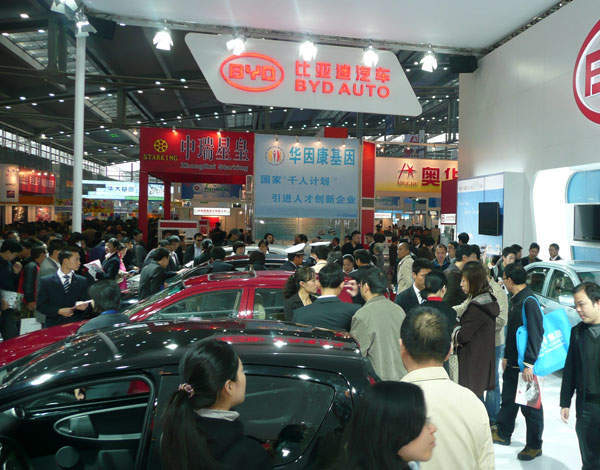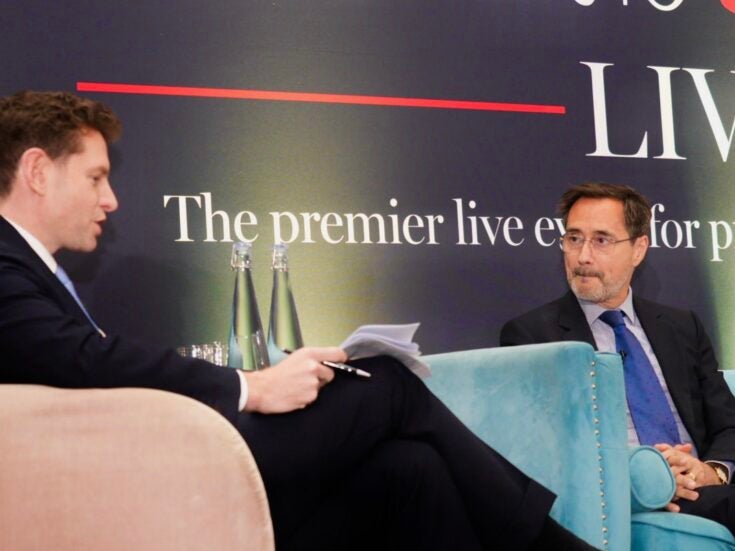

Ben Bernanke’s heresy against monetary orthodoxy has reached China as its $5.0 trillion QE programme in 2013 was the same as both the EU and US put together. The Chinese, however, are talking about ‘targeted monetary easing’, which means trying to make sure the liquidity eases the real economy. We shall see; no-one else has achieved this laudable aim yet.
When Global Crunch hit the West in the 2009 banking crisis as their property bubbles burst, all the same problems began to build up, and in the same ways, in the East too. China’s governmental structure means Beijing tells the regional governments what to do: to fend off the 2008/9 Global Crisis, China’s sugar-rush stimulus of 4.0 trillion renminbi then also encouraged local governments to take on debts of $2.8 trillion, as ‘leverage was good’. A nationwide property boom ensued.
From 2009 to 2014 total credit in China then rose from $9.0 billion to $25.0 billion, with secondary banking, SIVs, trusts and conduits – sounds familiar? Yes, the Chinese banks aped the excesses of the West – but China is a much, much bigger single economy, and they have a lot of cash.
The new Politburo that took office in 2013 had of necessity to adopt a reformist agenda: a clamp-down on corruption, and a clamp-down on the property boom and the secondary banking system that drove it. This is easier said than done, when land sales and land taxes are nearly 40 per cent of state revenue.
In China, you see, the land vests in the state, and long leases, not freeholds, are all that’s available for sale. No one really knows how long are the dates on the long leases, as that’s up to the Politburo of the day.
Dampening down the property market, which employs 20 per cent of the workforce, against a deflationary background, is not going to be easy, if not impossible, without reducing China’s phenomenal growth rate of recent years.
Factory gate deflation is 2 per cent and has been negative for 27 months. Imports are down 1.6 per cent from a year ago, with growth down to 7.4 per cent for Q1 and Nomura forecasting it at 6.8 per cent in 2015. It will take several years of deflation, not to mention inflation, for the excesses to be swept away under the carpet of renewed higher growth, even if the shadow banking system is killed off effectively.
Meanwhile, consumer demand is falling, many malls and shops sport ‘For Let’ signs, and downward pressure on prices throughout the economy affects all sectors except one: in May, a record 1.96 million cars were sold, led by the GM and Ford plants.
Finance for cars is a staple of the banking industry when all else fails, it seems; four wheels are far more liquid than solid foundations. Cars here are the ultimate status symbol too, a symbol of the incredible growth story that is still China, a story that is still in its infancy, however bumpy the immediate road ahead becomes.
For China, it seems, $5.0 trillion QE is just another drop in an ever-growing bucket. China is still the twenty-first century’s growth story, whatever happens in the shorter term; and, yes, the government is actively talking about allowing the population to swell to 1.5 billion, just to make sure.







